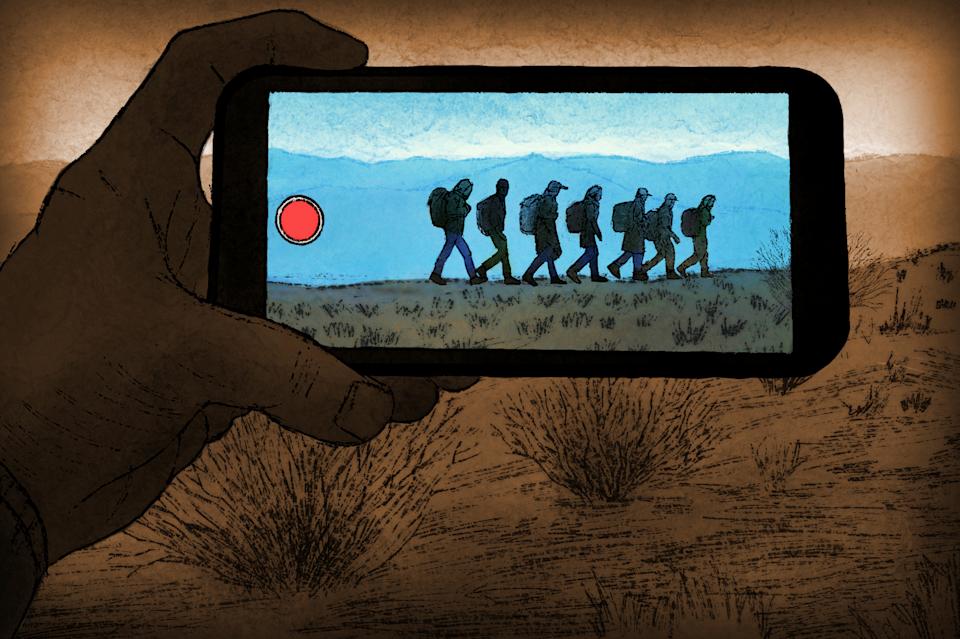A new report has raised concerns about the role of TikTok in facilitating migrant smuggling into the United States, highlighting how social media platforms are being used by traffickers to promote their services. As legal immigration pathways have tightened, smugglers have turned to platforms like TikTok, WhatsApp, and Telegram to advertise routes, share updates, and attract migrants seeking entry into the US
According to the report, videos posted by smugglers on TikTok often depict migrants crossing deserts, slipping through gaps in border walls, or celebrating their arrival. These posts serve both as marketing tools and proof of successful journeys, increasing trust among potential clients. Smugglers claim that evolving technology allows them to adapt and reach more people globally.
One smuggler, identified as Soary, shared her experience with the Associated Press (AP), stating that social media has transformed the way trafficking networks operate. She explained that smugglers now showcase videos of migrants safely arriving in the US to build credibility. Platforms like TikTok provide a wide reach, while encrypted messaging apps such as WhatsApp and Telegram facilitate direct negotiations.
However, the report also warns that these online networks are being exploited for scams, extortion, and kidnappings. Criminal groups create accounts with names hinting at “safe crossing” and overlay videos with regional Mexican music that glorifies trafficking. Some migrants who respond to these ads later find themselves in dangerous situations, falling victim to cartel violence or human trafficking rings.
TikTok has denied any involvement in human smuggling, stating that its policies strictly prohibit such content. The platform claims it actively removes posts related to illegal migration and reports them to law enforcement. However, migration experts, including George Mason University professor Guadalupe Correa-Cabrera, note that social media’s role in migration has expanded significantly since 2017-2018, with smugglers infiltrating online migrant networks originally set up by activists.
As scrutiny grows, the debate over social media’s influence on migration is intensifying. While some argue that these platforms provide vital information for those seeking asylum, others warn that they are fueling dangerous smuggling operations. With border security remaining a key political issue in the US, authorities may increase efforts to regulate online content linked to migration in the near future.

